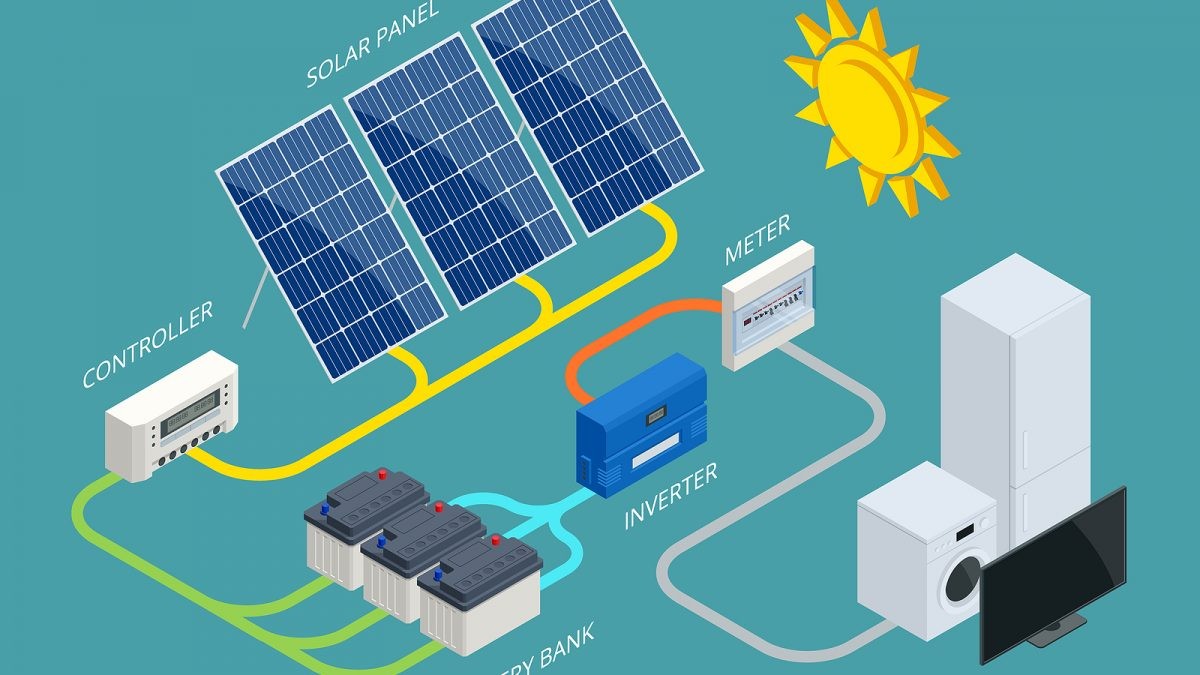Revolutionizing Residential Power Supply: The Residential Inverter
In today's fast-paced world, where renewable energy sources are gaining momentum, residential inverters have emerged as a game-changer for homeowners. A residential inverter is a device that converts direct current (DC) generated from solar panels or batteries into alternating current (AC) that can power electrical appliances in our homes. This article will delve into the fascinating world of residential inverters, their features, advantages, and answer some frequently asked questions.

Benefits of Residential Inverters:
Efficient Power Conversion:
Residential inverters efficiently convert DC power into AC power, ensuring maximum utilization of renewable energy sources like solar panels or batteries.
By converting excess solar power into usable AC power, residential inverters help homeowners reduce their reliance on the grid, thereby lowering electricity bills.
Seamless Integration with Renewable Energy Sources:
Residential inverters seamlessly integrate with solar panels, allowing homeowners to harness the sun's energy and generate clean, sustainable power.
They also support battery storage systems, enabling the storage of excess solar power for later use during periods of low sunlight or power outages.
Grid Independence and Energy Resilience:
With a residential inverter, homeowners can enjoy greater energy independence by generating their own electricity.
During power outages, residential inverters equipped with battery storage can automatically switch to backup power, providing a reliable source of electricity to critical appliances.
Environmental Friendliness:
Residential inverters contribute to a greener environment by reducing reliance on fossil fuels and minimizing carbon emissions.
By utilizing renewable energy sources, homeowners can significantly reduce their carbon footprint and contribute to a more sustainable future.
Frequently Asked Questions about Residential Inverters:
Q1. Can I install a residential inverter in my existing home?
A1. Yes, residential inverters can be easily retrofitted in existing homes, making it a viable option for homeowners looking to adopt renewable energy solutions.
Q2. How long do residential inverters typically last?
A2. The lifespan of a residential inverter can vary depending on the quality and maintenance. On average, a well-maintained residential inverter can last 10 to 15 years.
Q3. Do residential inverters work during a power outage?
A3. Standard residential inverters without battery storage do not work during power outages. However, inverters equipped with battery storage can provide backup power during outages.
Q4. Are residential inverters expensive?
A4. The cost of residential inverters depends on factors such as capacity, features, and brand. However, the long-term savings on electricity bills and potential government incentives often make them a worthwhile investment.
Residential inverters have revolutionized the way we power our homes. By efficiently converting DC power into AC power and seamlessly integrating with renewable energy sources like solar panels and batteries, these devices offer numerous benefits to homeowners. From cost savings and energy independence to environmental friendliness and resilience during power outages, residential inverters are a step toward a sustainable future. Consider installing a residential inverter to unlock the full potential of renewable energy and enjoy the rewards it brings to your home and the planet.

Comments
0